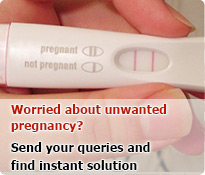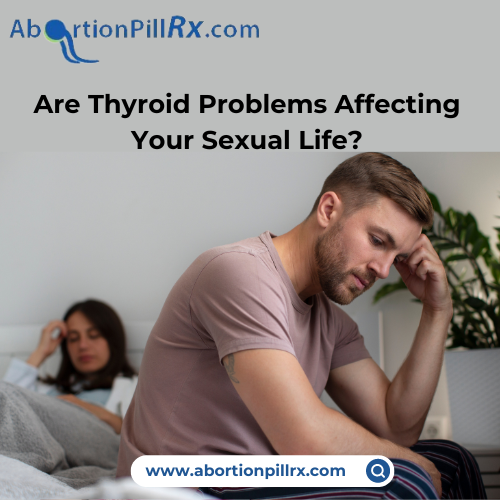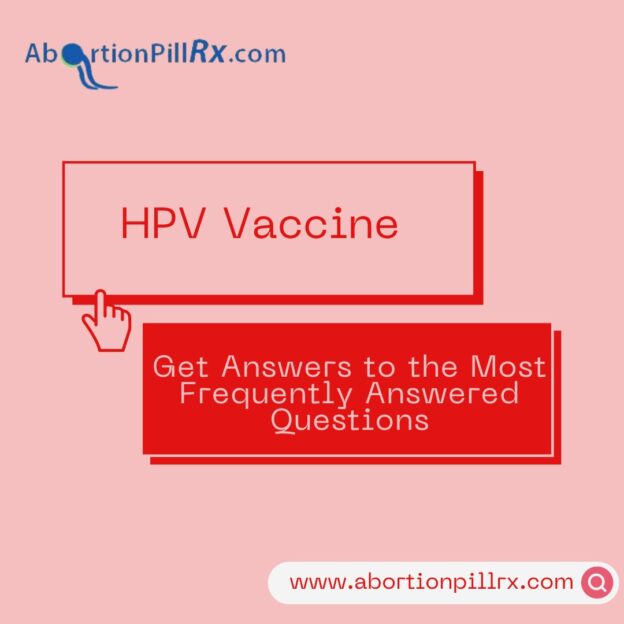Thyroid and intimacy can sometimes interconnect with each other. You may often think about your sexual health concerns, but very rarely do you think about your thyroid problems.
Thyroid disease and sexual dysfunction are both common disorders that may affect an individual’s quality of life. Patients with thyroid issues are more likely to experience sexual dysfunction, according to recent findings.
Women usually suffer from thyroid issues, so it is common for a woman to encounter sexual dysfunction due to hyperthyroidism or hypothyroidism. Some men may develop erectile dysfunction, while women may experience pain during intercourse due to low libido.
Once you resolve the thyroid issues, the sexual problems also get resolved. Many treatments that work for sexual dysfunction in general can also be used to handle chronic diseases.
In this blog, we will discuss the interconnection between the thyroid and sexual life and address the sexual health concerns of every woman.
What is a thyroid?
The thyroid is a butterfly-like gland on the front side of your neck that produces hormones required for the body and controls the functioning of every cell, organ, and system of the body. There are two types of thyroids, hyperthyroidism (overactive thyroid) and hypothyroidism (underactive thyroid). This hormonal imbalance can cause sexual health issues in men and women.
Common hypothyroidism symptoms, such as fatigue and depression, can influence both men’s and women’s desire for sex, as well as their ability to engage in it. Thyroid disease, however, can affect both sexes differently.
How does thyroid disease affect women’s sexual health?
- Loss of desire for sex: Due to hypothyroidism, one can experience low libido (less desire for sex). The spark you once felt with your partner after being affectionate or intimate gets lost.
- Pain during sex: A sign of thyroid disease in females is dry vaginal skin. A dry vagina will make it uncomfortable to have sex, which will make you less willing to have sex.
- Hypoactive sexual desire disorder (HSDD): HSDD is the absence of sexual thoughts and fantasies, as well as a desire for or openness to sexual action, leading to relationship problems or emotional stress. Keep in mind that this is not the same as low libido.
How does thyroid disease affect men’s sexual health?
- Erectile Dysfunction: Both hypothyroidism and hyperthyroidism have the potential side effect of making it difficult to get or maintain an erection strong enough for sexual activity. According to studies, ED may occur in 60–70% of men with a thyroid condition.
- Ejaculation problems: Men with an overactive thyroid may be more likely to ejaculate prematurely, whereas those with hypothyroidism are more likely to have delayed ejaculation.
- Lowered sex drive: Just like women, men also experience a decrease in libido due to hyperthyroidism or hypothyroidism.
Diagnosing thyroid-related sexual health concerns?
Your doctor might want to perform a thyroid evaluation if you’re having problems with your sexual health. One of the procedures includes a blood test to check your thyroid hormone levels.
Even though women may have a higher chance of developing hyperthyroidism, men should still get tested when their risks rise. Visible symptoms need to be evaluated. Additionally, a hyperthyroidism screening is necessary for you.
If you are older than 60 or if thyroid disease runs in your family, go with a trusted source. Similarly, if you have type 2 diabetes, you should consider getting your thyroid checked.
Along with the physical exam, get a test for thyroid stimulating hormone (TSH) and thyroxine, the primary hormone released by the thyroid gland. You can also do a thyroid scan, which helps detect hyperthyroidism.
Consult your doctor about getting checked, as thyroid disease is a common underdiagnosed, and neglected health issue. An estimated 60% of patients who suffer from thyroid disease are unaware of their condition.
Treatment for thyroid-related sexual health issues
Treatment for sexual dysfunction caused by thyroid disease may include starting or changing thyroid medication, treating the sexual issue directly, or both. The treatment includes:
Thyroid medications: Levothyroxine, a synthetic version of the T4 thyroid hormone thyroxine, and liothyronine, a synthetic version of the T3 thyroid hormone triiodothyronine, are two of the most commonly suggested medications for hypothyroidism.
Levothyroxine is available as Tirosint, Synthroid, and other names. The brand name Cytomel is used to sell lithothyronine. Both medications are offered as generics as well.
Osphena (relieving vaginal dryness): A hormone therapy called Osphena (ospemifene) is used for postmenopausal women. It addresses vaginal changes that may result in dryness and uncomfortable sex. Women with thyroid conditions can take it without risk.
Another option for treating vaginal dryness is to use an over-the-counter vaginal lubricant like Replens.
Erectile Dysfunction Medicines: Inhibitors of phosphodiesterase-5 (PD-5) are useful in treating erectile dysfunction and do not interfere with thyroid medications. These drugs consist of:
- Levitra (vardenafil)
- Viagra (sildenafil)
- Cialis (tadalafil)





